On a hot afternoon in October, I joined a lunch party. By the time I arrived, the company was on coffee and liqueurs. A pretty woman in her seventies mentioned an academic friend who was downsizing and how the prospect of getting rid of thousands of books had upset him so much he sought help from a counselor. The counselor had said: “But they’re only books.”
My husband, Jeremy Clarke, wrote the Low Life column in this magazine for twenty-three years until his death in May. In one of his columns, he wrote about how, after the sale of his mother’s house in Devon (where he’d lived for thirty years), he sent two Mercedes Sprinter van loads of stuff, mostly books, here to Provence. Seventy boxes arrived, containing around 2,500 volumes. The shelves on the few straight walls in the cave house were already full, so the new arrivals were stored in an adjacent rough cave alongside 100 years’ worth of tools and junk.
He spent so much time in bed reading that some weeks he had nothing to write about
They’ve been there for three years. The books were Jeremy’s only real possessions and he loved them. He wanted them kept together in a room where he could sit in a comfy chair to read. This room was also to be a gym (or at least have space for a mat and weights) and occasionally a nightclub, he decided. He made a start digging to level the floor but it was never completed. He was too ill for manual labor by then and we had no money to pay for it to be done.
In anticipation of writing about his books, I went next door, pushed my way into the dirty old cave, pulled out a box at random and brought it through to the kitchen. Beside me now, among others, are three books on writing, a collection of essays, a collection of African short stories, and works by Cormac McCarthy, William Faulkner, Anton Chekhov, William Golding, Albert Camus, John Steinbeck and Ian Fleming. Hypermasculine as this list might seem, even without Ernest Hemingway and Evelyn Waugh (which are on cozy shelves in the study downstairs), these authors came second in Jeremy’s affections. The works of Virginia Woolf and Katherine Mansfield are placed lovingly on shelves in the bedroom alongside poetry anthologies, memoirs and diaries, books of letters and literary biographies.
Jeremy didn’t annotate books. He preferred to copy words, sentences and passages he liked into notebooks.
evanesce: fade out of sight
adventitious: coming from outside
accidental: casual
The couple were ‘contending amicably’ whether they were on the right path.
The novel is a kind of discourse and a frame of mind. As a frame of mind, it questions and subverts all totalizing systems by the liberating power of laughter and the celebration of the body.
The food wasn’t very good but at least it was pretentious.
Jim wants me to go out with other men so that he will have something to write about.
None of the above, from a page in one of Jeremy’s notebooks, is attributed except the last, to Nora Barnacle, wife of James Joyce.
Jeremy described himself as a reader who writes. I thought of myself as a reader, but I was totally outclassed by Jeremy, who even when fit and well could, and indeed preferred, to read all day, every day and most evenings. His reading verged on addiction. He liked to read in bed, a habit developed living in his mother’s large house which, apart from the TV room and small kitchen, was cold. There was an anglepoise lamp on the bedside table and he was warm and comfortable in bed. He said that reading was “food” for his brain. In Devon, he spent so much time in bed reading that some weeks he’d only ventured to the local Sainsbury’s and had nothing to write about.
By the time I was thirty-five, I’d read most of the Brontës, Jane Austen and Iris Murdoch; the writings to date of Margaret Atwood and A.S. Byatt, some Woolf, Muriel Spark, Graham Greene, Waugh, Joyce and much else. I’d tackled Proust but, exhausted by nursing shifts and three small children, and defeated by the interminably long sentences and my ignorance (pre-internet) of the Dreyfus affair, I’d given up halfway through Sodom and Gomorrah. I’d also read lesser fiction, but uneducated, pushing forty and short of time, I determined from then on to read only literary works.
Jeremy and I became friends after meeting at his publishing party in 2011. At first, we exchanged polite emails. Gradually we began to recommend books to each other and discuss favorite poems. As time went on, I received tales of his love life, which were often hilarious, occasionally harrowing but always beautifully written. My account of being pinned against a posh Edinburgh sofa and sung at — “Puff the Magic Dragon” — by the richest and drunkest man in Scotland while my then husband played Gershwin on the grand piano was laughably bourgeois compared to Jeremy’s description of his weekend with a woman he was seeing. He was one of her many sexual partners and Jeremy suggested she ask her boyfriends to use condoms. On arrival he found she’d had a visitor the night before, and the evidence was left on the kitchen counter; five items, curated in order, smallest first, by the volume contained.
Years later, living in France, literature (and writing generally) was our favorite topic. It was the mainstay of our relationship right up until the end. We read the funniest, cleverest, or most beautiful passages from books and newspapers aloud to each other. Early on, Jeremy gave me a book of criticism and essays by Martin Amis, whose novels I’d tried but found difficult. I devoured it and another, then his memoir Experience, followed by most of his novels, this time enjoying every word.
Nabokov I’d avoided. As a child I ran a gauntlet of creepy older male relatives and endured a serious sexual assault aged eight. Lolita is a book I will never read. Jeremy suggested Pnin, which was a revelation. Saul Bellow’s Augie March, Raymond Carver’s short stories and Michael Holroyd, whose biography of Augustus John inspired me to start painting, were all Jeremy’s recommendations. Because he had covertly studied English Literature at UCL while attending SOAS, Low Life was wonderful company for this literature-hungry ex-nurse.
Jeremy would have sudden enthusiasms for writers and buy whatever he could find online: novels, memoir and biography. Some weeks I’d be trotting down the hill half a dozen times to find the delivery driver and collect books. Dismissive of most contemporary fiction, last year he was excited to discover Damon Galgut. Starting with The Good Doctor, he read three more of his books before becoming distracted by Malcolm Lowry. He’d read Lowry’s Under the Volcano several times but last year, unable to find his copy in the cave, he bought another and also Gordon Bowker’s biography of Lowry, Pursued by Furies. This was followed by a return to Paul Bowles and Thomas Mann. The Magic Mountain in particular caught his imagination.
But in the end it was back to Hemingway, Waugh, Woolf — and his vast World War One collection. Plot interested Jeremy little. It was the quality of writing that mattered. His writers were masters of prose. They were outsiders; often destructive, sometimes tragic, and many struggled with mental illness or addiction. Pursued by furies they were, and, in his darkest moments, so was Jeremy.
Reading Muriel Spark’s first and last novels recently, I was trying to remember a book, perhaps one of hers, that Jeremy and I read a couple of years ago. The title was menacing, a line from a poem. Without searching online, I gave up thinking and for diversion clicked on Facebook. The second thing I saw was a poetry feed of “The Second Coming” by W.B. Yeats, and the phrase “slouches towards Bethlehem.” That was it. Later that afternoon I remembered that the book in question, Slouching towards Bethlehem, was a collection of journalism by Joan Didion. Later still, I was rereading and helping to choose Low Life columns for a third collection, and came across this from July 1, 2017:
Reading the newspapers these days is an unnerving experience. What next? The sun rising in the west? A rough beast slouching towards Bethlehem?
Coincidence perhaps, but Jeremy was momentarily with me again and I was comforted. In reply to the counselor above, some of us would state that no — they’re not “only books.” And I hope one day Low Life will have his library.
This article was originally published in The Spectator’s UK magazines. Subscribe to the World edition here.










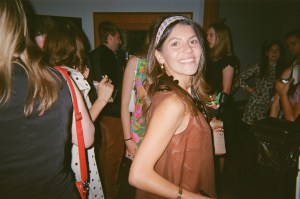

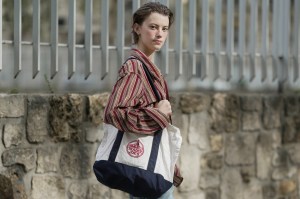
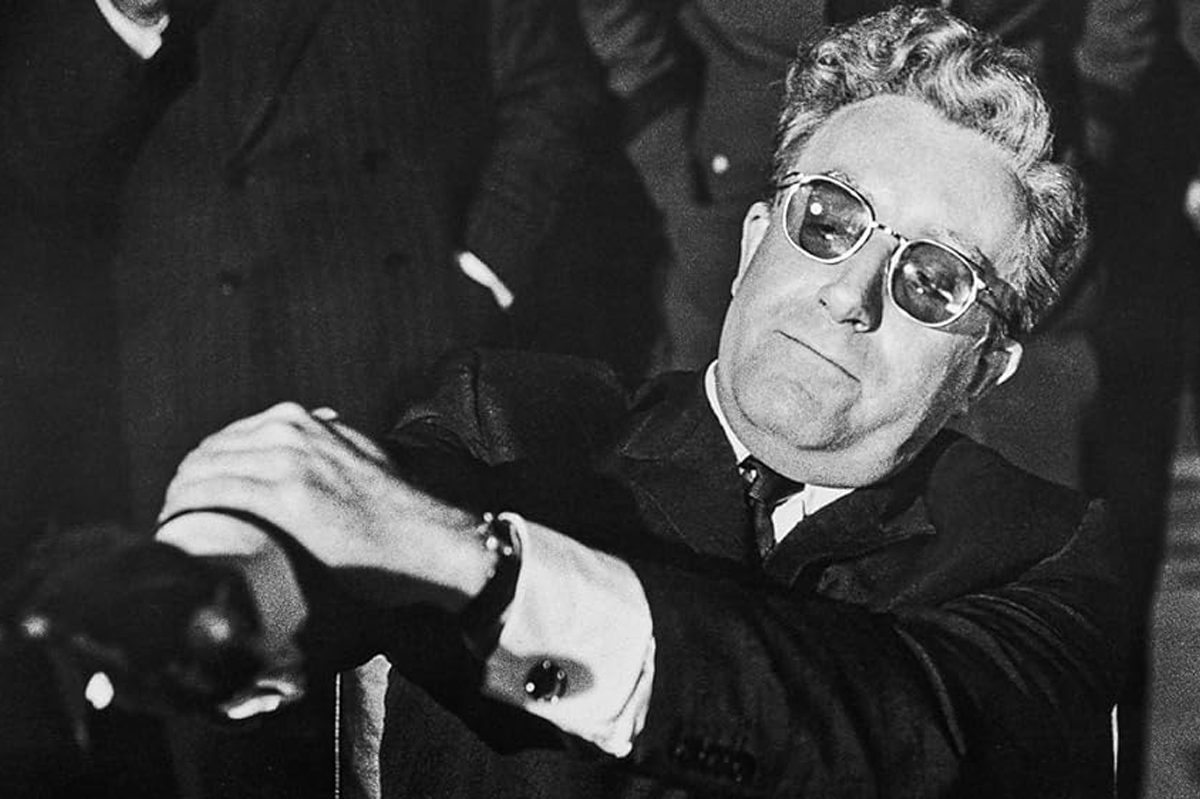
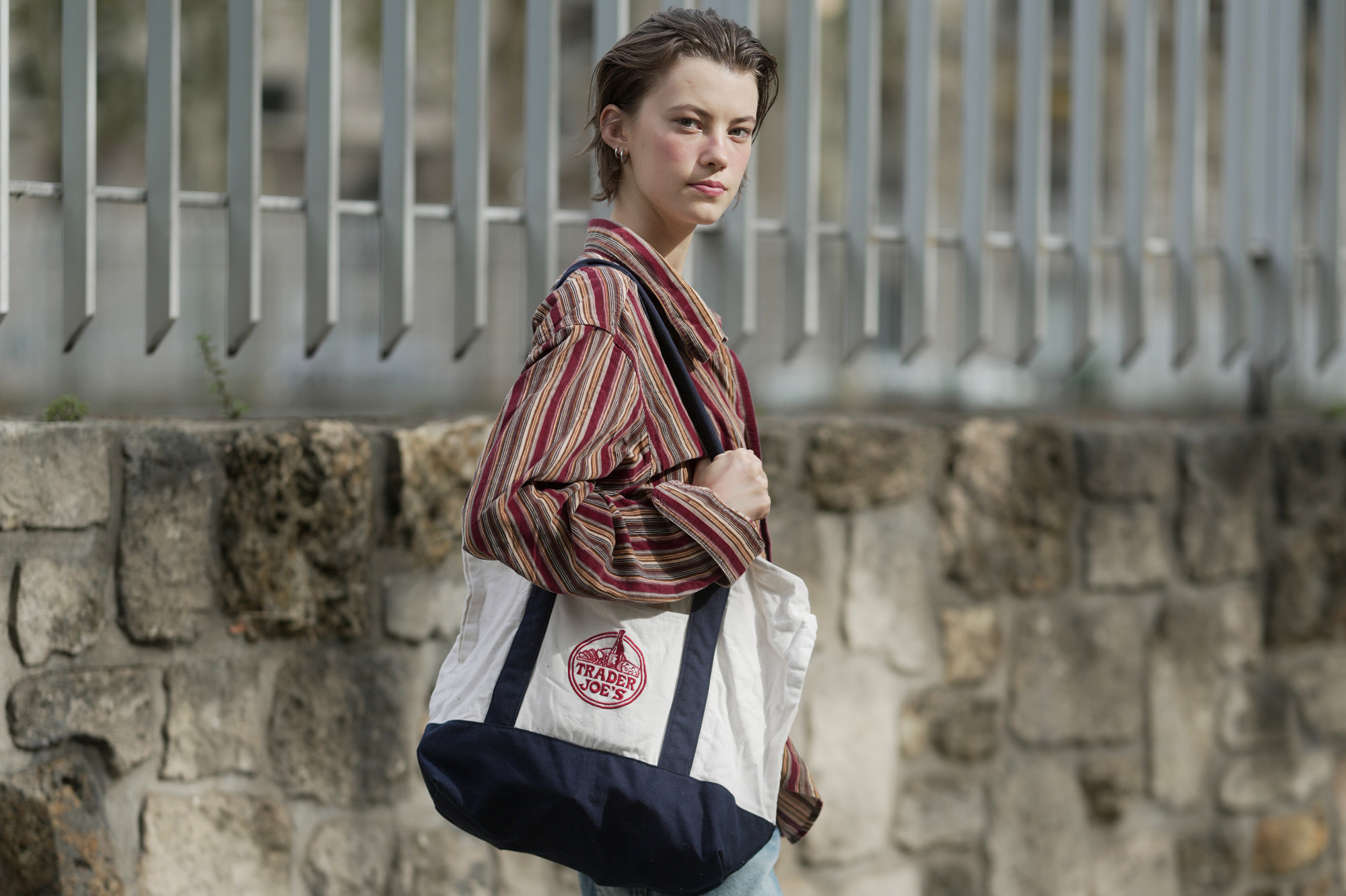


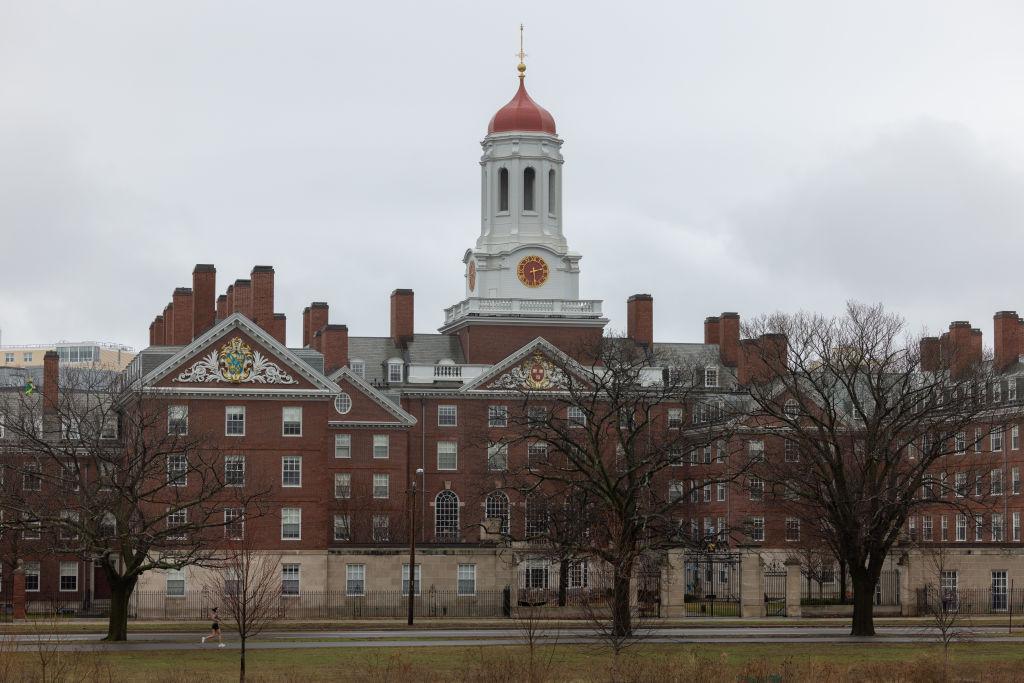
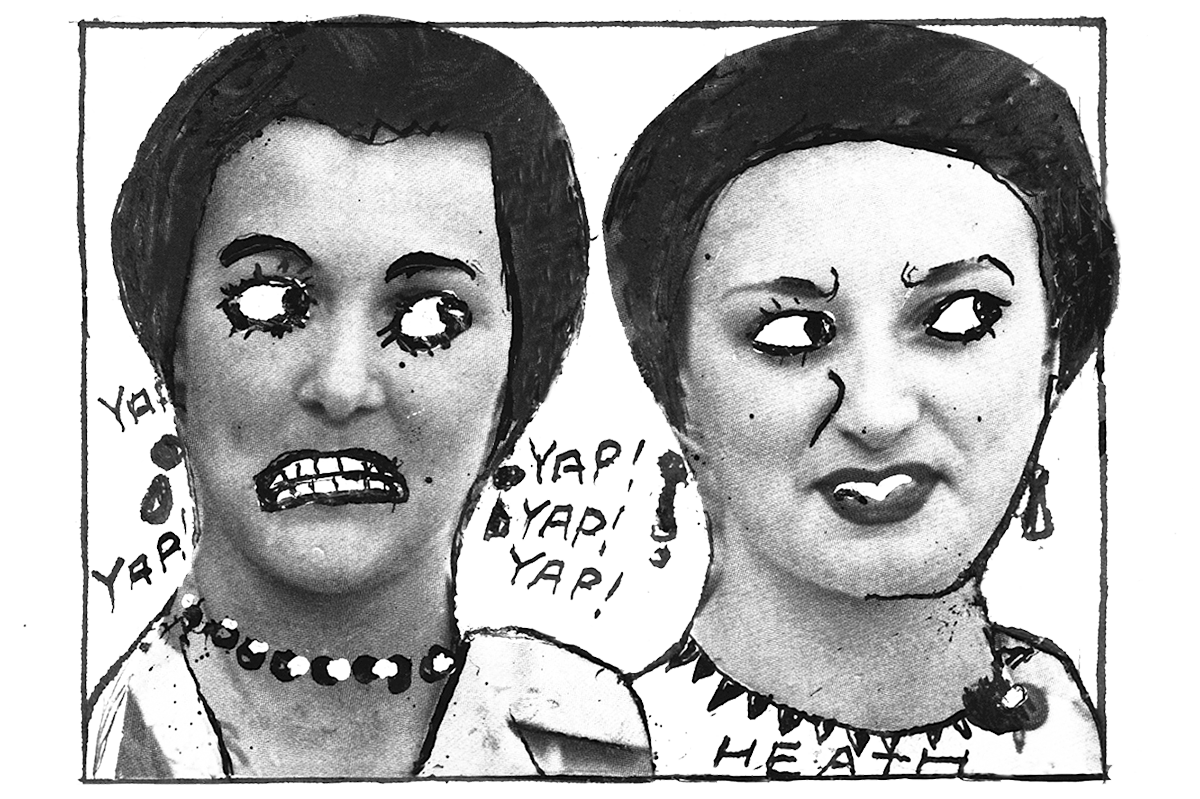







Leave a Reply